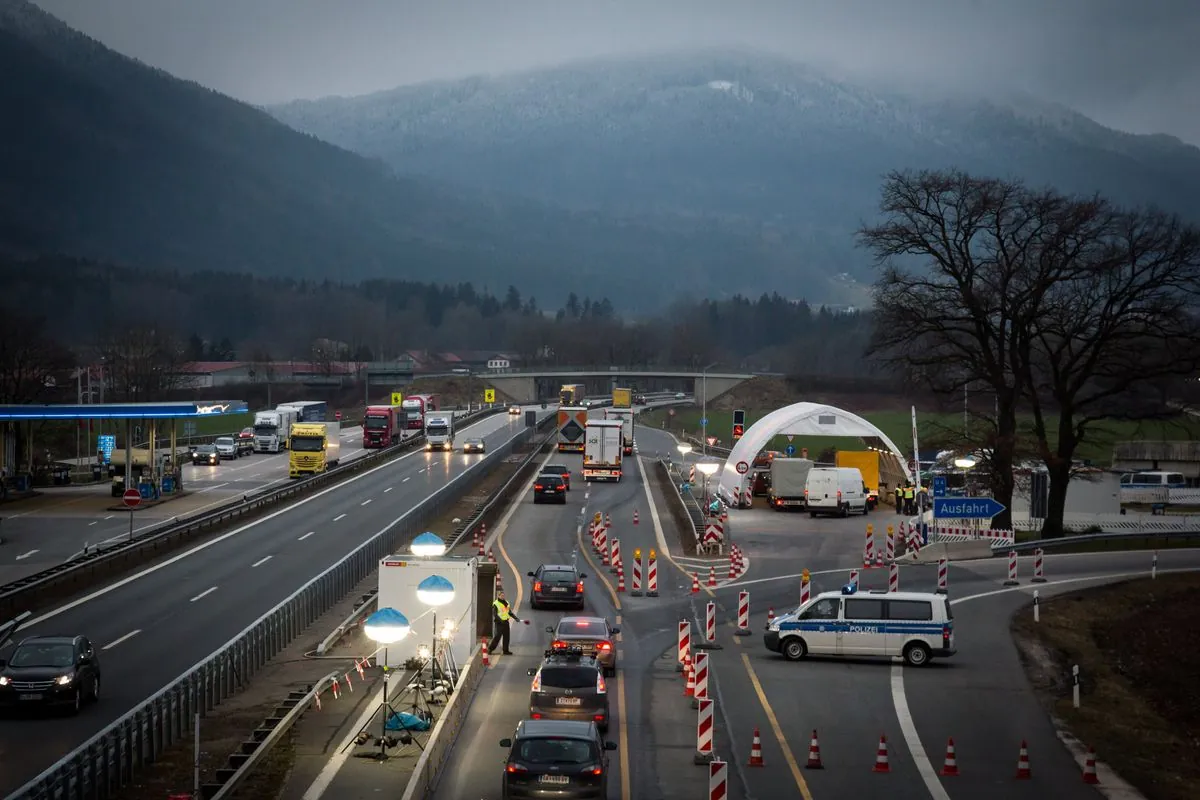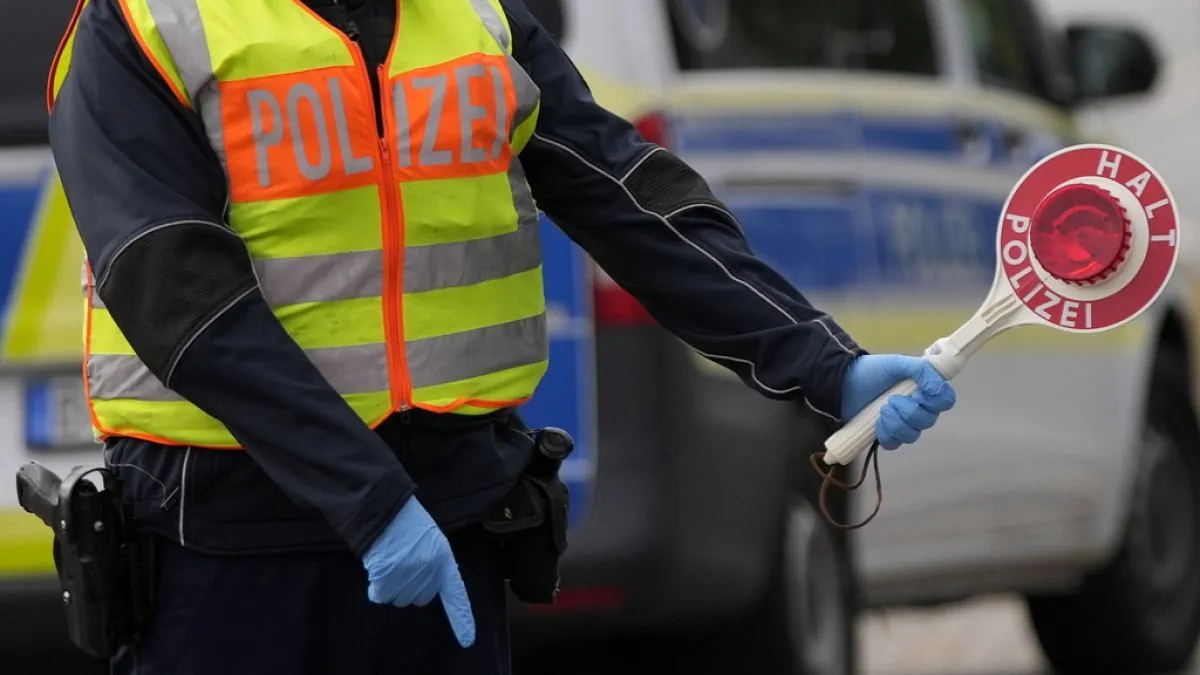Germany Tightens Borders: New Controls Spark EU Movement Debate
Germany implements temporary border checks with western and northern neighbors to address irregular migration and crime. The move, affecting five countries, raises concerns about free movement within the EU.

In a significant shift in border policy, Germany has implemented temporary controls along its western and northern frontiers. This decision, announced on September 16, 2023, aims to address concerns over irregular migration and cross-border criminal activities. The measure affects Germany's land borders with France, Belgium, Luxembourg, the Netherlands, and Denmark, initially set for a six-month period.
These new restrictions represent an expansion of existing controls already in place at crossings with Poland, the Czech Republic, Austria, and Switzerland. The move marks a notable setback to the principle of free movement within the European Union, a cornerstone of the Schengen Agreement established in 1995.

The German Interior Ministry has emphasized that the implementation of these controls will be flexible, with federal police basing their actions on current security assessments. The ministry's approach aims to minimize disruption to commuters, travelers, and trade while maintaining heightened security measures.
"My order is also intended to protect against the acute threat of Islamist extremist terrorism and serious cross-border crime."
Despite the new measures, Germany has reported a decline in asylum applications, with a 21.7% decrease in the first eight months of 2023 compared to the previous year. This reduction is partly attributed to controls introduced in 2022, which reportedly prevented over 30,000 unauthorized entries.
The decision has not been without controversy, prompting reactions from neighboring countries. Polish Prime Minister Donald Tusk has called for urgent consultations with affected nations, expressing concerns about potential impacts on asylum seekers and trade. Similarly, Austrian Chancellor Karl Nehammer warned of possible reciprocal measures if Germany increases the number of immigrants sent back across their shared border.
Germany's border control timeline extends into the future, with checks on the Austrian border scheduled until November 11, 2024, and inspections at Polish, Czech, and Swiss borders planned until December 15, 2024. The Interior Ministry has indicated the likelihood of further extensions beyond these dates.
This development occurs against the backdrop of evolving European migration policies. The EU has implemented various measures since the 2015 migrant crisis, including the establishment of the European Border and Coast Guard Agency (Frontex) and the EU-Turkey deal in 2016, which significantly reduced migrant arrivals in Greece.
As Germany navigates these complex issues, it must balance national security concerns with its commitments under the Common European Asylum System and the Dublin Regulation, which determines responsibility for examining asylum applications within the EU. The situation continues to evolve, challenging the principles of free movement and solidarity among EU member states.


































